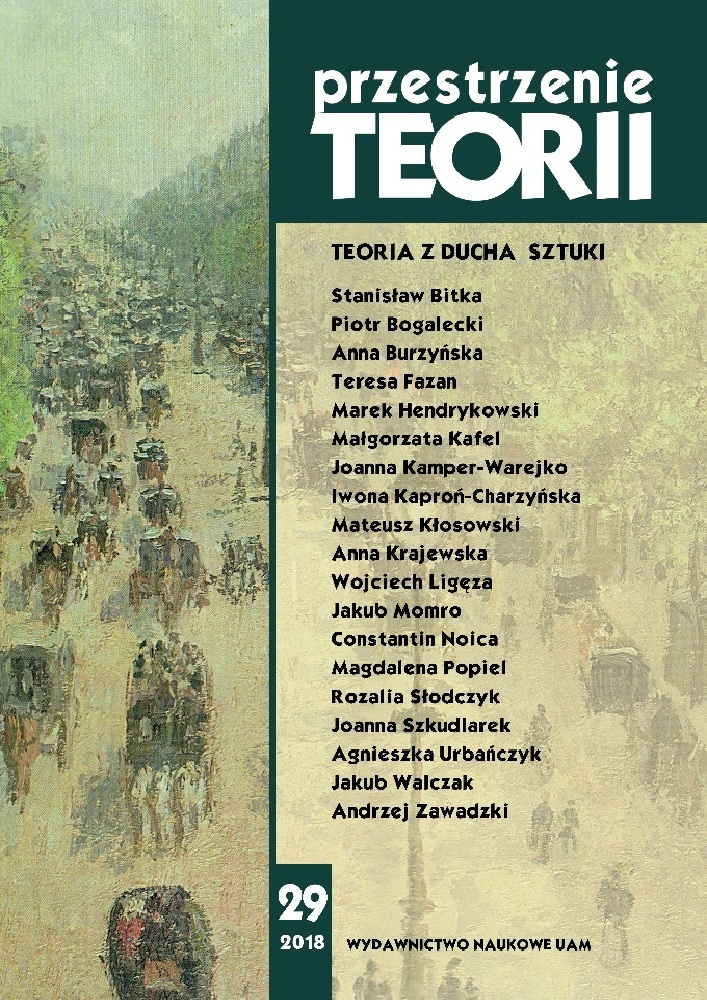Nr 29 (2018)
Opublikowany 2019 stycznia 31
Artykuł wstępny
Rozprawy
15-29
87-125
127-151
153-178
179-213
215–234
235–249
261–275
277–313
Przekłady
Prezentacje
Interpretacje
Recenzje
Pamięć
387–397
